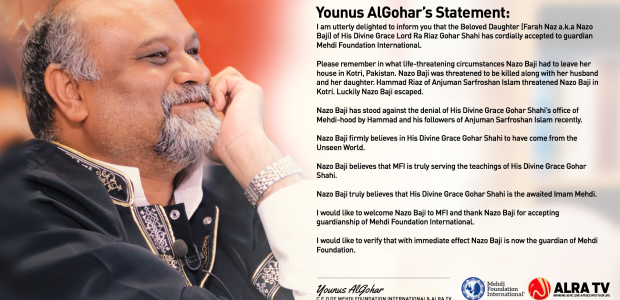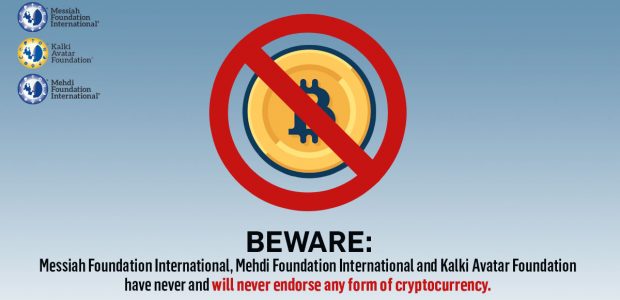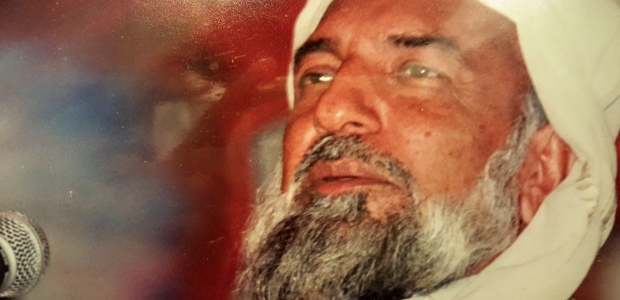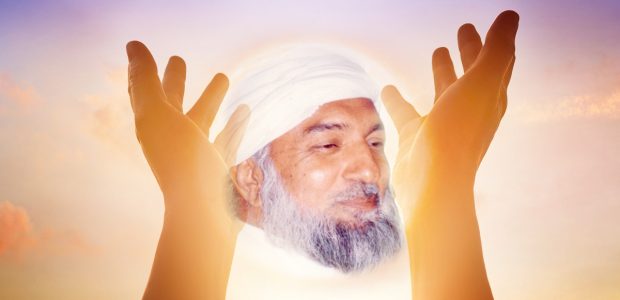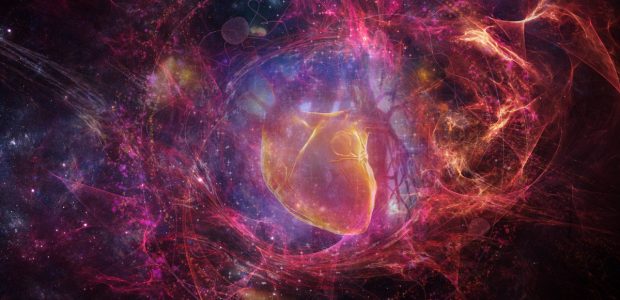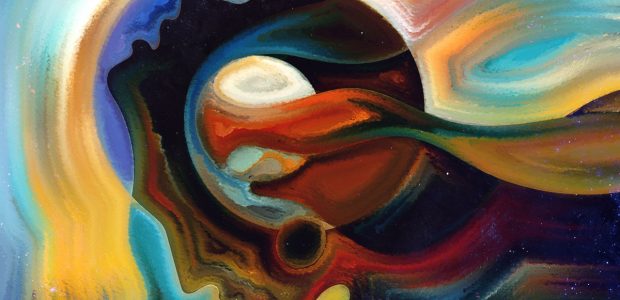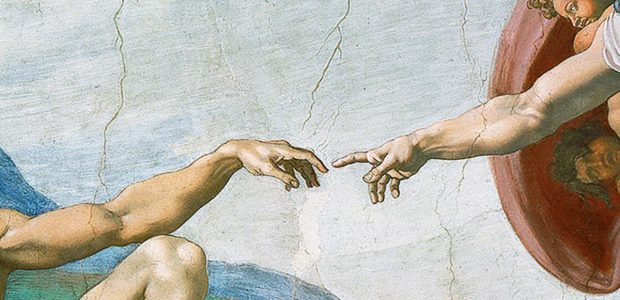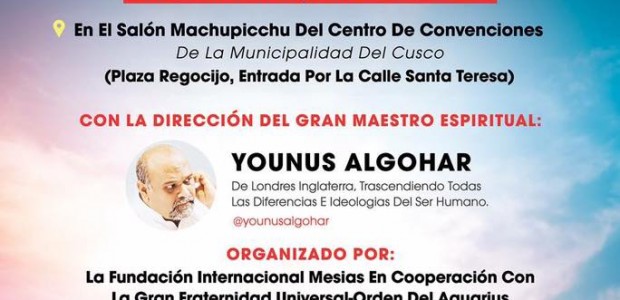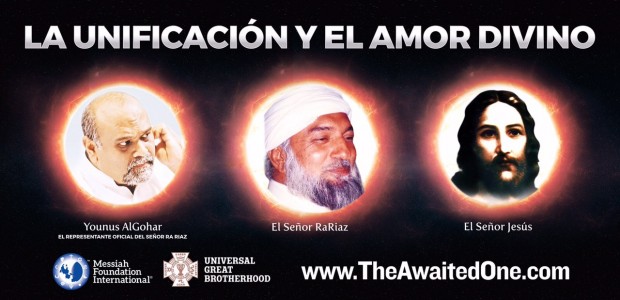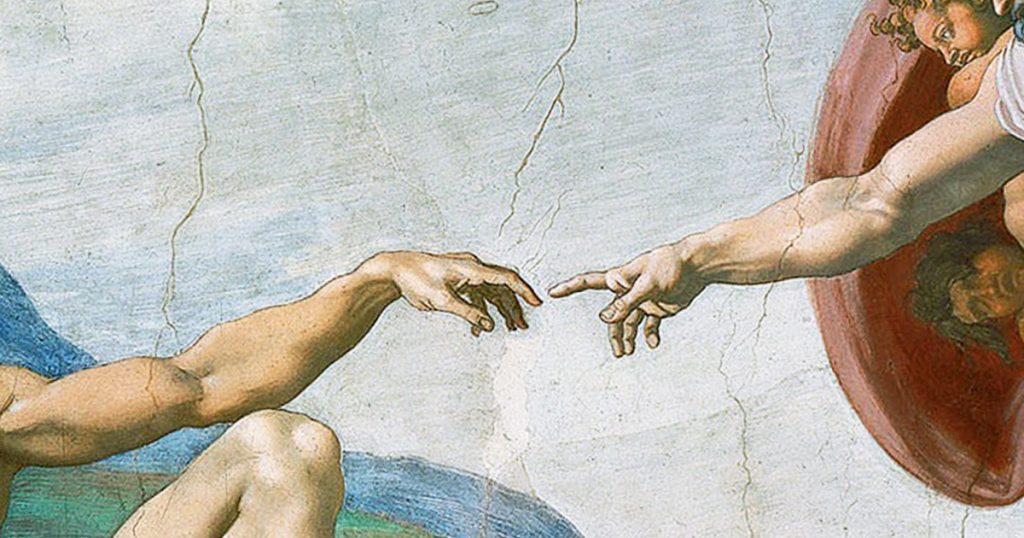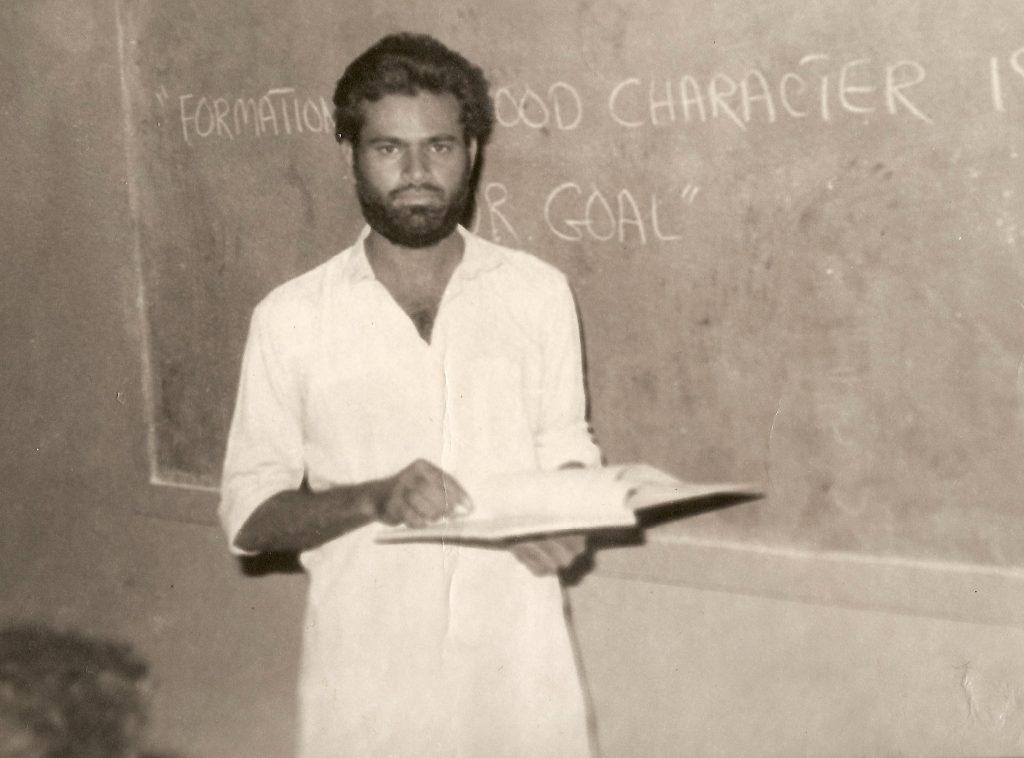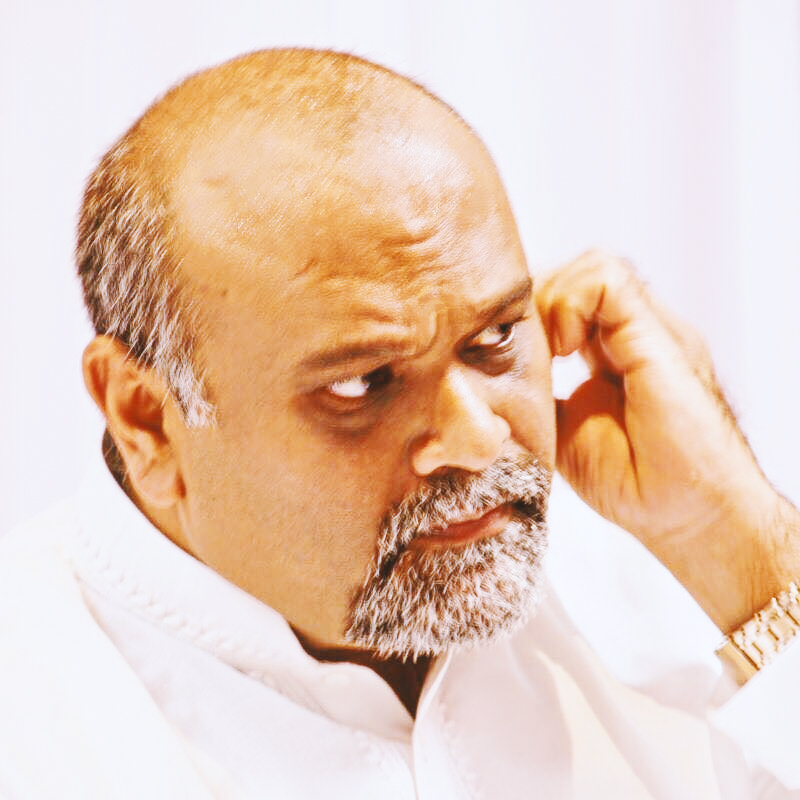Extremism and fanaticism are products of ignorance, intolerance and inferiority complexes. People tend to recognise extremism and fanaticism only on a higher level, with the affiliation of religion. However, we need to find the roots of extremism and fanaticism.
It is more of a behavioural issue than a religious issue.
If someone is an extremist, it is not just about religion. There are extremists in different fields. For example, some people are even extremists about themselves: they think they are the best and they cannot give in to their own self.
Fanaticism is not a theory or a religion. Fanaticism is an ugly behaviour. One’s behaviour changes when they don’t respect others, give them space or consider their rights. It changes when they are only concerned about their rights and themselves; when they become self-centred and impatient, and they cannot take a little pain for others at the time of adversity.
When there are good people in any religion, the religion is operated well by them.
Religion itself does not have legs. It cannot do anything; it is just a set of beliefs. The followers of that religion are the operators of it. When the religions are operated by bad people, they start malfunctioning.
Let’s talk about a household. The entire household is managed by the guardian of the house. The way it is managed depends on how bad or good that person is. The problem is not with any religion; whether it is Christianity, Judaism, Islam or Hinduism, all of them are good — but the people who operate these religions are bad.
This is because there is a prerequisite that one must do before they practise a religion: purification of the inner devil.
Without first attaining inner purification, if one follows any religion, they will [misinterpret it]. They will become intolerant.
When we say intolerance is prevailing the society, this is not due to any religion. This is an issue with the behaviour of human beings. No religion is intolerant; it is the people who are either tolerant or intolerant. It is the people who are either rational and full of sanity, or so irrational that they are almost insane.
For example, if a mad person drives a BMW and runs over a couple of men, we won’t blame BMW. It is not the car [at fault], it is the driver.
Fanaticism and extremism are not products of any religion. Extremism and fanaticism have to do with people. Some people are more patient, tolerant and forgiving than others. Some people are short-sighted and impatient. It is not about the religion that one follows. It is about their own being: how composed or disturbed they are.
If your mind is disturbed, you are disturbed everywhere.
That happens when there are some decisions in life which are difficult for you to make. Due to this indecisive nature, you don’t settle things; so there remains a kind of pressure and stress on you mind, keeping it preoccupied. It kills your sanity. Mental disturbance is something one cannot afford.
In order to please others, it is important that you should be happy. If you are unhappy, you cannot make anybody happy. If you yourself are crying and suffering, how can you please others?
In order to be able to make others happy, constitutionally you should be happy in the first place.
We need to educate people on ethical values to build their character. We need to discuss the psychological aspect of everybody’s lives and how our lives can be improved. When our lives are hell, then everything falls apart. Then, we don’t care about our bad behaviour, ethics or anything else because we are disturbed.
When you want to do weight lifting at the gym, if you cannot even move 50 KG, you won’t try to lift it; you know that you cannot put extra weight on your body. If you do, you’ll hurt yourself.
Similarly, in life, you are carrying a lot of extra luggage that you will not need while you are travelling. Life is nothing but a journey and you must travel light.
Make life easy, my friend. After all, this is only one life that you have.
I do not think fanaticism and extremism are about any religion. You don’t have to follow a religion to be a fanatic or extremist. These days, jihadists and terrorists are not devout Muslims; they don’t even know anything about Islam. They’re drinkers and party animals. More and more people, especially in the Western sphere of the world, are prone to becoming jihadists not because they are inspired by Islamic text or they find the Quran fascinating. Rather, some of these people suffer from narcissistic personality disorder.
I used to live in Manchester some 20 years ago. My neighbour was a strange person; for some reason, he didn’t like my face. There was a blind alley between the two houses; he lived on the left side of and I lived on the right. If I walked on the pavement, he would come out and say, ‘You are trespassing on my property.’ I would say, ‘What? I am walking on the pavement.’ He would reply, ‘Yeah but this pavement is in front of my house so you are trespassing. I am going to call the police.’
This is not about their religion. This is about them. They are crazy, impatient, intolerant and ignorant.
What I have just said is not a wandering thought that has crossed my mind. I am a very keen observer. I read men and their behaviour. I have read many people.
To a degree, every single human being becomes an extremist in certain situations and conditions.
The root cause of extremism is to do with behaviour.
Your behaviour is not your fault; it is carved, nurtured and shaped by good or bad experiences in your life.
When you go through denial, rejection and deprivation; when you are scolded by people for no apparent reason, that is when your behaviour [deteriorates]. Behaviour is all about our reaction to certain things.
For example, someone tried all their life to buy a car but they couldn’t. Then they came to England, struggled for a year or two and then finally bought a car. Now you have to be careful; if you damage the car, no matter how close of a friend you are to them, you will be in trouble. They value the car more than they should because of their struggle.
Suppose you did not eat food for 48 hours. Finally, you are a holding a Big Mac in your hand. Just as you are about to take a bite, someone laughingly takes it away and says, ‘I’ll eat it instead.’ You will behave differently [than you would normally].
Our behaviour is not about how bad or good we are. It is shaped and developed through good and bad experiences in life, and of course the way people behave with us.
We need to look into our lives. We need to see what is wrong and right in our life. What is causing us problems? What is the source of disturbance in our life? What is it that is distracting us from our spiritual journey?
Self-Realisation is God-Realisation
In spirituality, you struggle to become good in this lifetime.You become good not just for yourself, but as an embodiment of God on Earth.
When people come and sit in your company, they feel relaxed without establishing any meditation. They’ll just sit with you and feel peace because you have gotten rid of all your evil traits, all the negativity.
We should sort out our problems in life. If something is causing problems, we should see if we can fix that problem. If you can’t fix it, replace it.
Spirituality is something that alone can make a human out of you.
A religion is like a film in which you are a billionaire and you have a lot of money, big houses, cars and everything. When the movie is shot, you come back to reality.
In religion, you imitate being good. Spirituality will make you good.
When you go to a shopping mall in the United States of America, the salesperson will greet you with a business smile. They know it is a fake smile, but it is part of their business strategy. Similarly, a religion will tell you what you can and cannot do, whether you like it or not. A religion wants performance, like a coach of a team.
In spirituality, it is not about performance. It is about transformation.
If you want to see whether a person has made any progression in spirituality, you need to see if he is a better human being today than he was yesterday.
The first step in spirituality is to know yourself.
Self-realisation is an art that comes from spiritual practice and discipline. It is about coming to know of all your physical, spiritual and carnal aspects. A mentor who has culminated his quest in the said field can guide one towards self-exploration on a spiritual journey.
Too many people don’t know who or what they are. When they do good, they want to publicise it. When they do bad, they don’t want [others] to see it. This attitude has led them to a point where they have lost their identity. They do not know themselves.
It isn’t about your parenthood or sisters and brothers. It is about you. It is about how beneficial or harmful you are to your fellowmen.
This is why the first step towards God-realisation is self-realisation.
If you truly know yourself, don’t seek God. God said in the Koran, ‘I am in you. Why don’t you peep into yourself to know me?’
A religion is aiming at you to please God. In spirituality, you find and explore for your personal, original identity.
So spirituality is self-exploration.
Knowing yourself is not an easy job, otherwise God would not have labelled knowing yourself as knowing God.
In spirituality, you go through self-denial and this is the hardest job. You deny and negate yourself.
If negativity in you is stronger than positivity, the negativity compels you to do bad things. You have to make positivity even more powerful with the help of spirituality. Once the source of evil and negativity, the Carnal Self, gets weaker, then the compelling of Carnal Self will lessen. A time will come when you will realise that nobody is pushing you to do anything wrong.
Ego is such a problem. You’ll be defending the ego, the inner devil, but you’ll think you are defending yourself. This is why it is not easy to know yourself.





